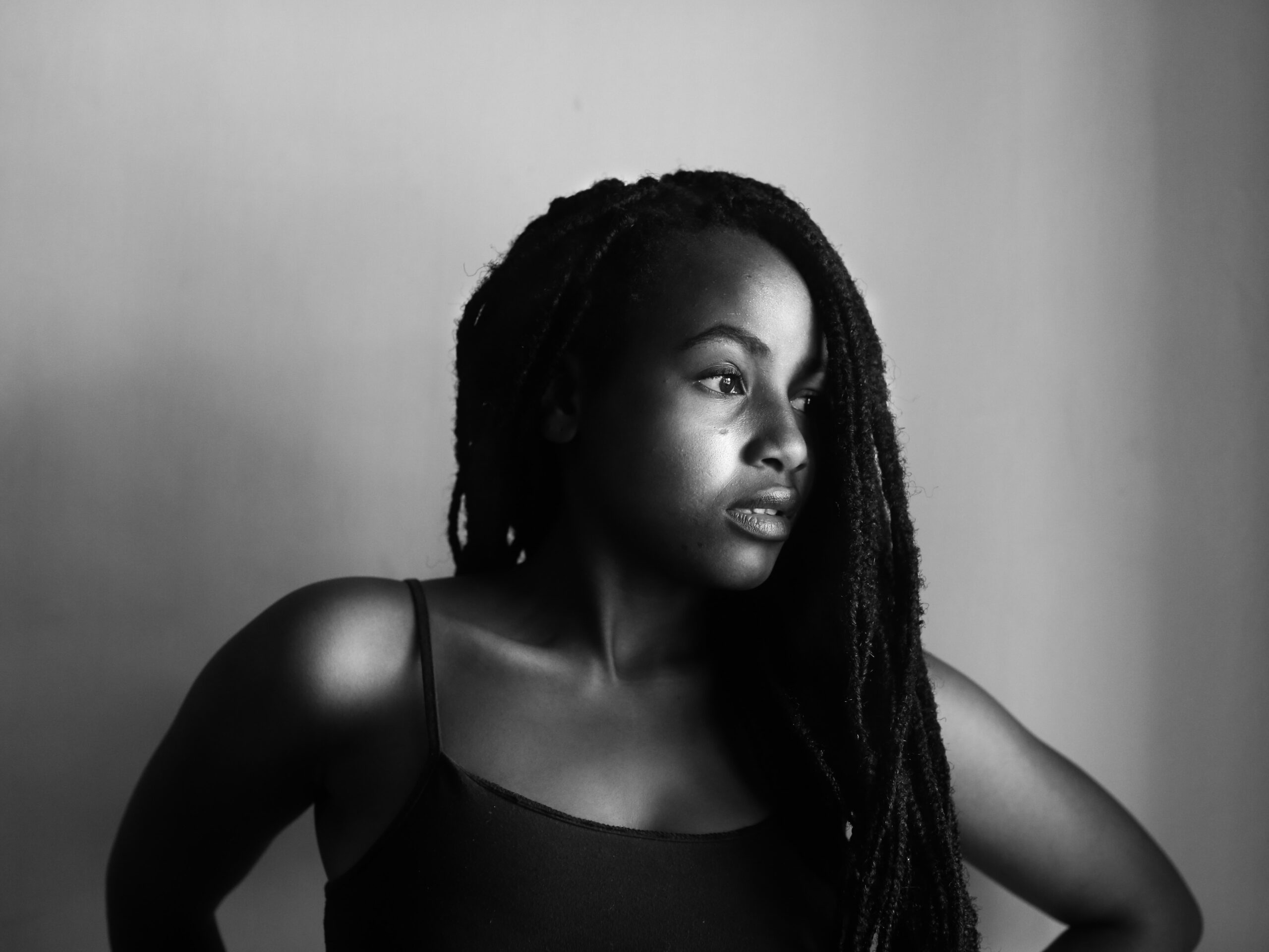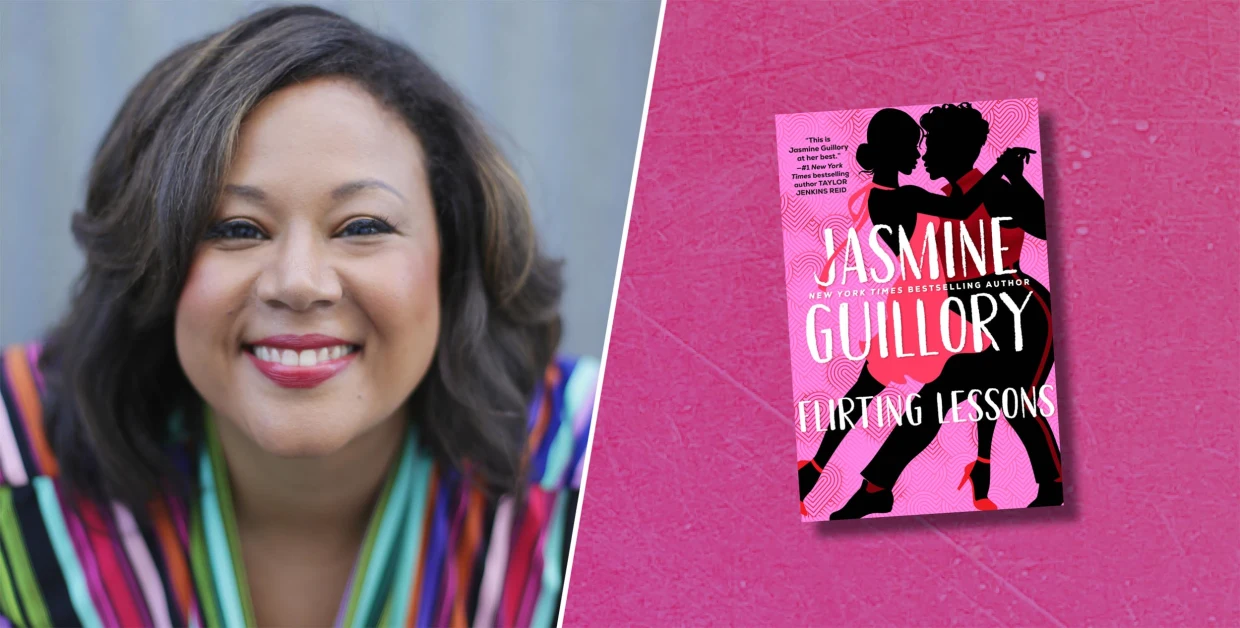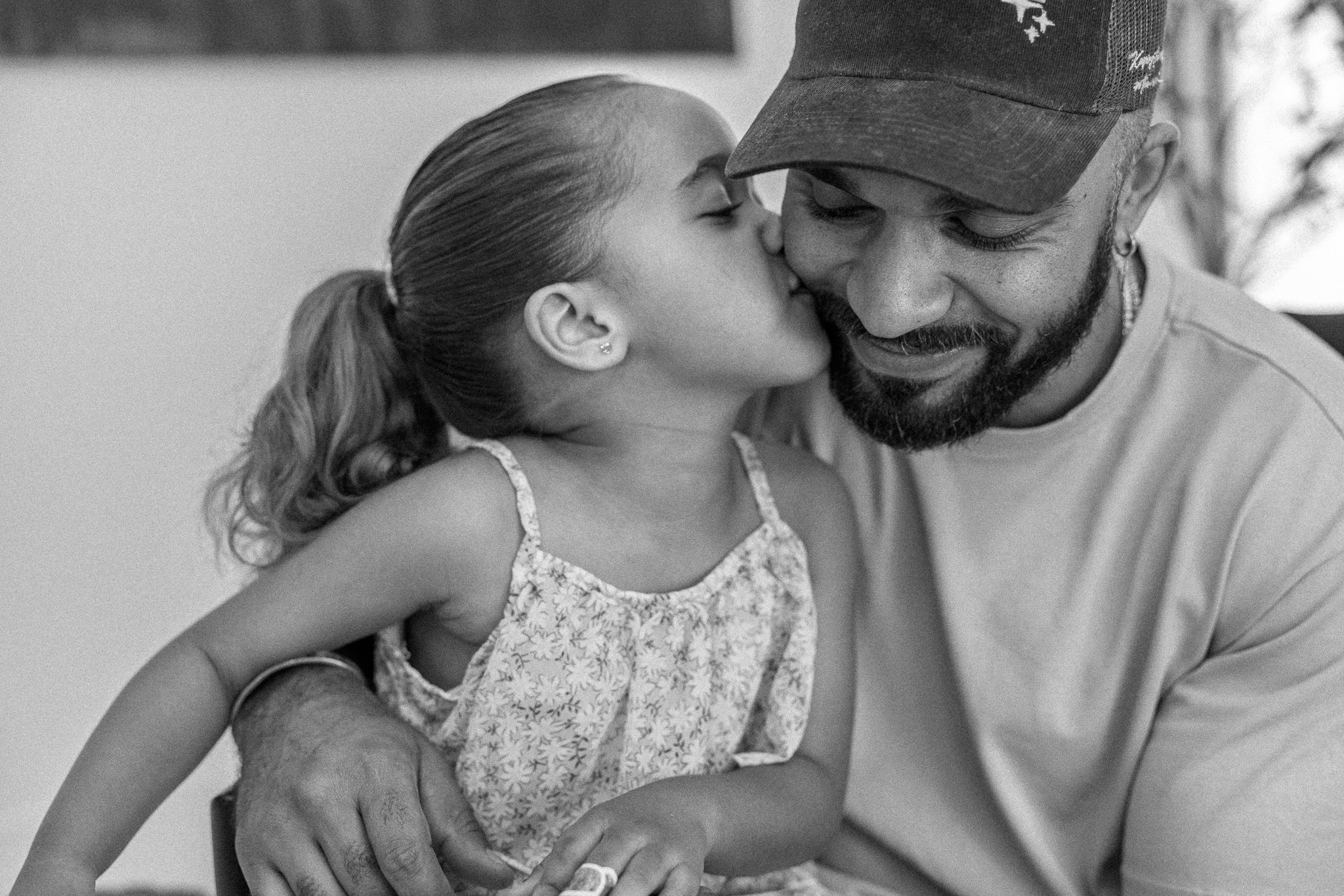
Woman on couch (Courtesy of RawPixel)
Woman on couch (Courtesy of RawPixel)

Courtesy of Unsplash.com
I started this year off with big plans for myself, personally and professionally. I made a personal promise that I would date more and not be afraid to love with all of my heart, and I’d do all I could to grow my business. The first few months of the year, I barely slept, but I made great strides with my company, planned trips, and made plans into summer of what I thought my life would look like, and then COVID-19 hit.
Initially, I didn’t feel comfortable talking about quarantine depression. I felt I didn’t have a right to be depressed – because I live in a beautiful apartment, and my smallest inconvenience is finishing my master’s program from home and no longer having access to the gym. But then I realized that’s what being Black in America is, continually comparing your pain to the pain of your ancestors, and those who suffer more significantly than you. As a result, you suppress your emotions, and I refuse to do it anymore.

Courtesy of Unsplash.com
Black women have been pumped this false narrative of superhuman strength from the moment we come out of the womb. We’re taught to mother everyone but ourselves, and hold up our communities while our backs break in the process. After my grandmother died, I made a choice that, while I loved her – I wouldn’t become her, and the legacy of the selfless Black women who cared for everyone but herself in my family would stop with me. My grandmother had many layers to who she was, and while many people saw the armor of her strength, in her last days, she shared with me that she was gentle and sensitive but that she never was allowed to be.
Additionally, depression affects about 19 million Americans. Black people are more likely to report significant depression than White people, and Black women are impacted significantly due to taking on multiple roles in the household, microaggressions in the workplace, and low wages. Odds and all, we’re expected to perform at peak capacity, and smile about it – it’s not okay, and it’s never been.
Related Articles:
How to Cope With the Emotional Effects During These Traumatic Times
These Are the Best Things You Can Do When You’re Hurting and Healing at the Same Time
Taking Off My Cape: Letting Go of the Superwoman Syndrome
Quarantine depression has challenged me to ask myself what am I not happy about, is it the isolation, my workload, or the overall state of this country? My complex answer was everything. How do you explain the crippling anxiety you feel when your everyday life of community is ripped from under you, and your new normal is spending over 18 hours of your day in a room alone?
Before COVID-19, as a single writer in New York City — I thought I’d live my best Black Carrie Bradshaw life with Black men with full beards, and now I don’t even feel comfortable dating online, because it feels hopeless. Quite frankly, I’m tired of looking at screens quarantined in New Jersey. I miss interacting with people in real life — my family, friends, men, and my therapist. The little things that bring me peace, like finishing up work in a coffee shop before my evening train while I catch up with my favorite Black baristas, and swimming to reduce anxiety — I haven’t done in months.
As I process, I’m reminded that while everyone is suffering, comparing trauma is just as toxic as this world that we live in, so we all have a right to lament on what we thought this year would be, and what we miss. I recently talked with some girlfriends, and we all shared what we missed, and the answers varied — Sunday brunches, the nail salon, beaches, etc. It taught me that we all have a right to grieve what could have been, and deserve spaces where we can own that this newness that’s everything but normal has impacted us mentally, and it’s okay to share that – even if you don’t have all the answers. If you’re struggling with quarantine depression, here are some ways that you can work through it.

Woman on couch (Courtesy of RawPixel)
Explore Virtual Therapy
While it wasn’t ideal, starting to communicate with a therapist from my home has allowed me to feel grounded in a world of chaos. And while I miss in-person sessions, it’s better than feeling, and processing alone.
Find a Trusted Person You Can Be Vulnerable Within Those Tough Moments
Daily, I start with a facetime session with my best friend. We’re honest about our ever changing emotions, and we hold space for each other to process what our lives look like in quarantine.
Don’t Be Afraid to Take a Mental Health Day and Set Boundaries
The older I get, the more I truly learn the power in the word, “No.” Placing limits on your emotional bandwidth, even in the workplace (and with your friends/family), is essential. With the new WFH (working from home) normal, I’m sure you have plenty of PTO (paid time off) days you can use, take the time. And evaluate when you’re feeling low, and what you’re doing while those emotions occur — do your best to do less of that.
Reclaim Joy, Every Chance You Get
Choosing to lean into happiness during this time and beyond as a Black person in America is a radical act. Remember that, always.
Related Articles
Discover why Jasmine Guillory’s latest novel Flirting Lessons is a must-read—and how the author continues to redefine modern romance with layered Black heroines, real emotional depth, and Black literature that feel both magical and true.
Bozoma Saint John talks Black motherhood, grief, self-love, and finding joy again. Don’t miss her powerful conversation on building legacy and living boldly.
Tyler Lepley shows the beauty of Black fatherhood, blended family life with Miracle Watts, & raising his three children in this Father Noir spotlight.
Featured Articles
When Elitia and Cullen Mattox found each other, they decided that they wanted their new relationship together, their union, to be healthier and different.
Celebrate their marriage and partnership with the release of the documentary “Time II: Unfinished Business”
Our intent is to share love so that people can see, like love really conquers everything. Topics like marriage and finance, Black relationships and parenting.
HEY CHI-TOWN, who’s hungry?! In honor of #BlackBusinessMonth, we teamed up with @eatokratheapp, a Black-owned app designed to connect you with some of the best #BlackOwnedRestaurants in YOUR city – and this week, we’re highlighting some of Chicago’s best!
The vision for our engagement shoot was to celebrate ourselves as a Young Power Couple with an upcoming wedding, celebrating our five year anniversary - glammed up and taking over New York.
Meagan Good and DeVon Franklin’s new relationships are a testament to healing, growth, and the belief that love can find you again when you least expect it.











